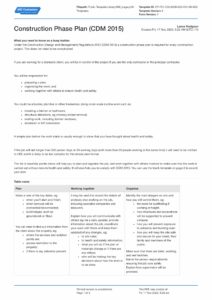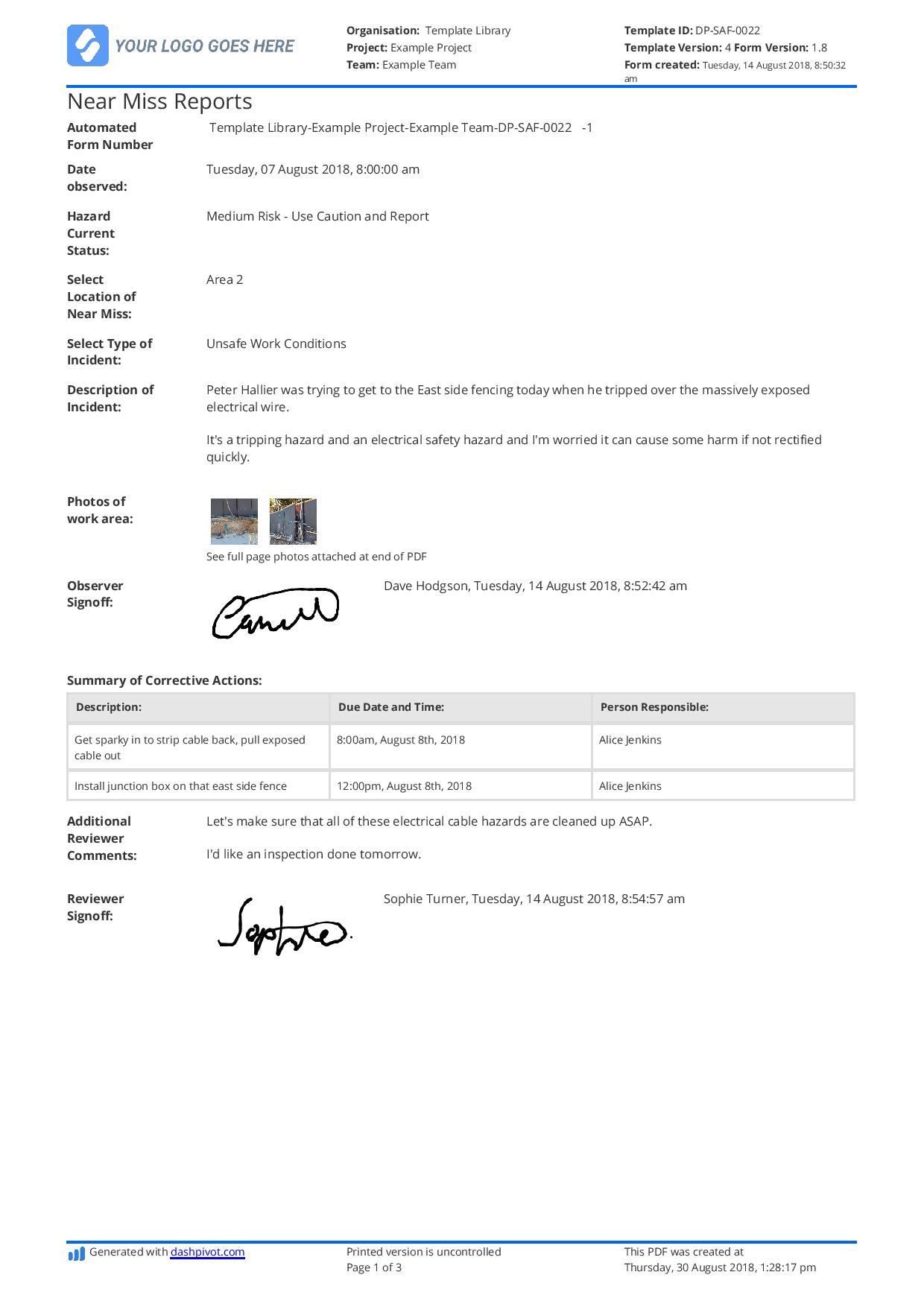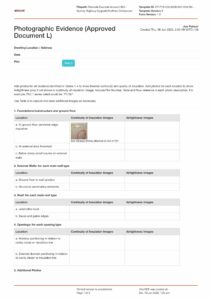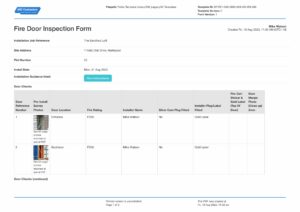Posts by Nick Chernih
Dashpivot article – How to write a construction phase plan
How to write a Construction Phase Plan In the construction industry, the creation of a Construction Phase Plan (CPP) is a critical step in project management. This document serves as a roadmap, guiding teams through the complexities of construction while ensuring safety and compliance. Writing a CPP requires attention to detail, an understanding of construction…
Read more →Dashpivot article – HSE construction phase plan
HSE Construction Phase Plan In the construction industry, where risks and environmental impacts are inherently high, the integration of Health, Safety, and Environmental (HSE) considerations into a HSE Construction Phase Plan (CPP) is not just a regulatory requirement but a vital practice for sustainable and responsible project management. This article explores the significance, implementation, and…
Read more →Dashpivot article – Construction Phase Plan
Construction Phase Plan Construction Phase Plans are essential documents in the construction industry, pivotal for managing health and safety risks while ensuring the smooth operation of construction projects. These plans, often required by law, especially in larger projects, serve as comprehensive guides outlining how to safely execute various construction activities. Understanding the significance and components…
Read more →Dashpivot article – Whose responsibility is it to complete the construction phase plan
Whose responsibility is it to complete the construction phase plan? In the construction industry, the creation and maintenance of a Construction Phase Plan (CPP) are not just crucial for the smooth execution of a project but are also often mandated by law. Understanding whose responsibility is it to complete the construction phase plan is essential…
Read more →Dashpivot article – When is a construction phase plan required
When is a Construction Phase Plan required? In the realm of construction, safety, compliance, and organised planning are not just best practices but essential requirements. Among the various documents that play a crucial role in ensuring these aspects, the Construction Phase Plan (CPP) stands out as a fundamental requirement for most construction projects. This article…
Read more →Dashpivot article page – Does a near miss have to be reported
Does a near miss have to be reported? What counts as a near miss? A near miss, often referred to as a close call or near hit, is an unplanned event that did not result in injury, illness, or damage but had the potential to do so. These incidents indicate the presence of potential hazards…
Read more →Dashpivot article page – Part L explained
Part L explained Part L Explained: Overview of Buildings Regulations Part L is a section of the UK’s Building Regulations that addresses how to conserve energy in new and existing buildings, for both domestic and non-domestic use, and focuses on improving energy efficiency and reducing the UK’s carbon footprint as a stepping stone for their…
Read more →Dashpivot article page – Near Miss Reporting example
Near Miss Reporting example What is a Near Miss Report? A “near miss report” is a documented record of an incident that, while not resulting in any personal injury or property damage, had the potential to do so. Essentially, it’s a close call that could have been worse under slightly different circumstances. The primary purpose…
Read more →Dashpivot article – Fire Door Inspection frequency
Heading lorem ipsum Heading lorem ipsum Heading lorem ipsum Heading lorem ipsum A tailgate meeting form is an informal safety meeting which is usually quite short (5-10 minutes) and typically conducted on site prior to a shift or work commencing. These tailgate meetings enable supervisors and industrial companies (construction, oil and gas etc.) to talk…
Read more →Dashpivot article page – Part L Compliance Guide
Part L Compliance Guide What is a Part L Compliance Guide? A Part L compliance guide outlines the stages of complying with Part L and the necessary requirements in each stage. A guide is essential in ensuring that new and existing buildings comply with and most importantly meet the energy efficiency standards laid out in…
Read more →


